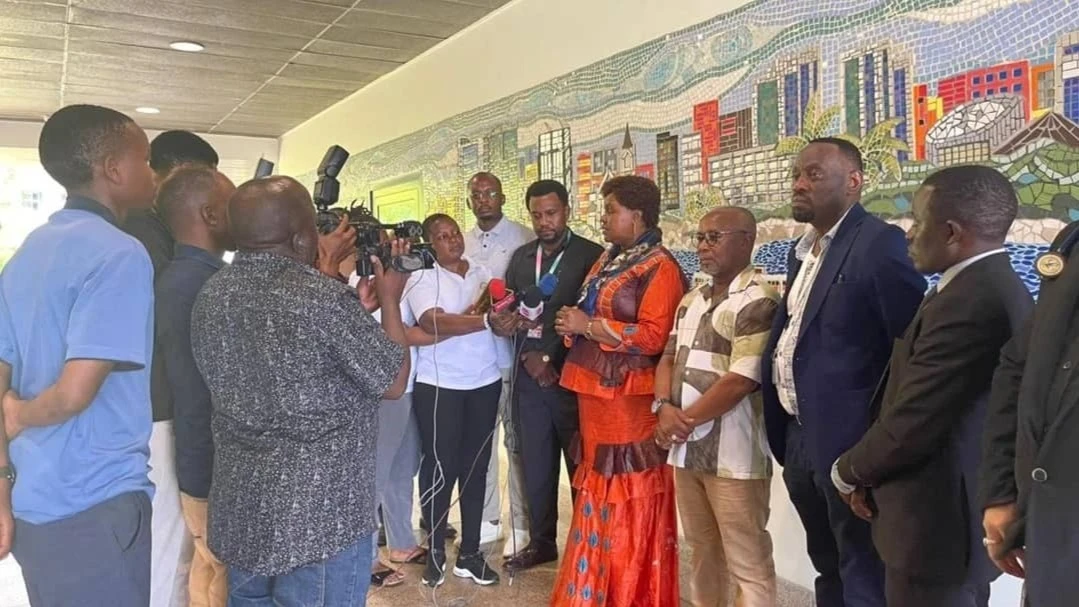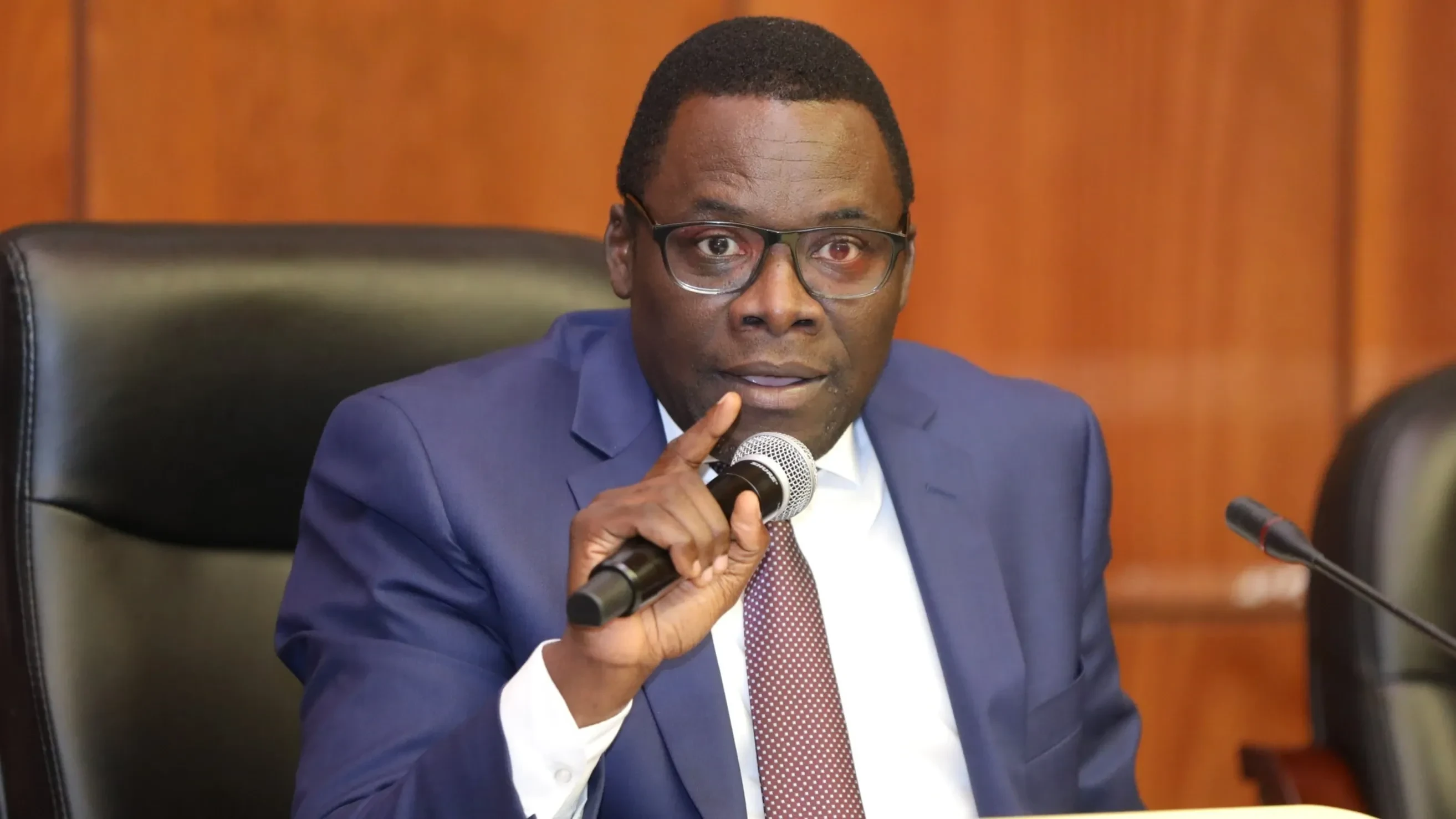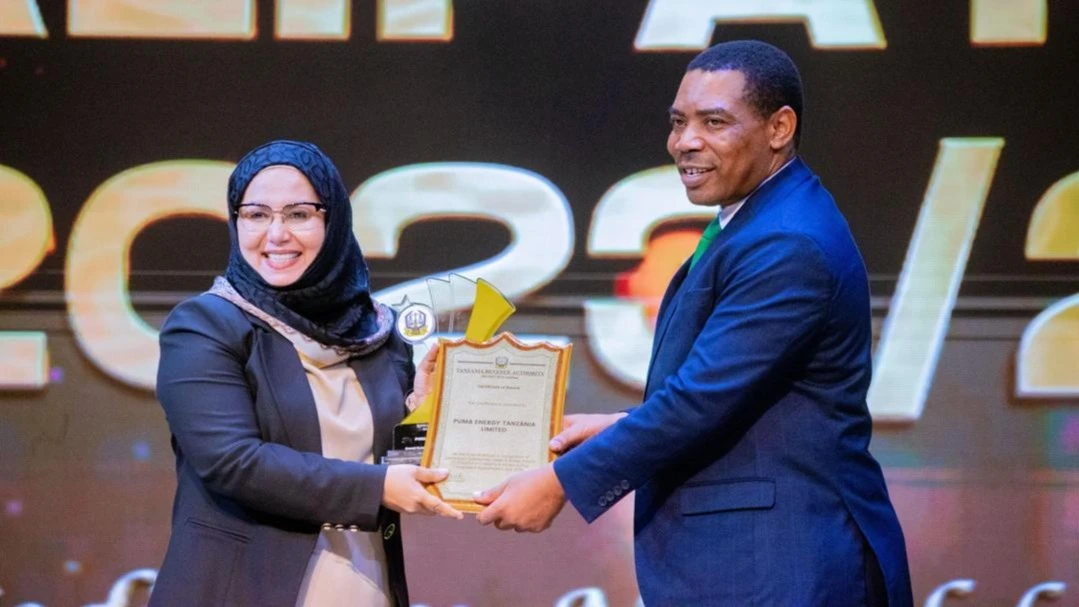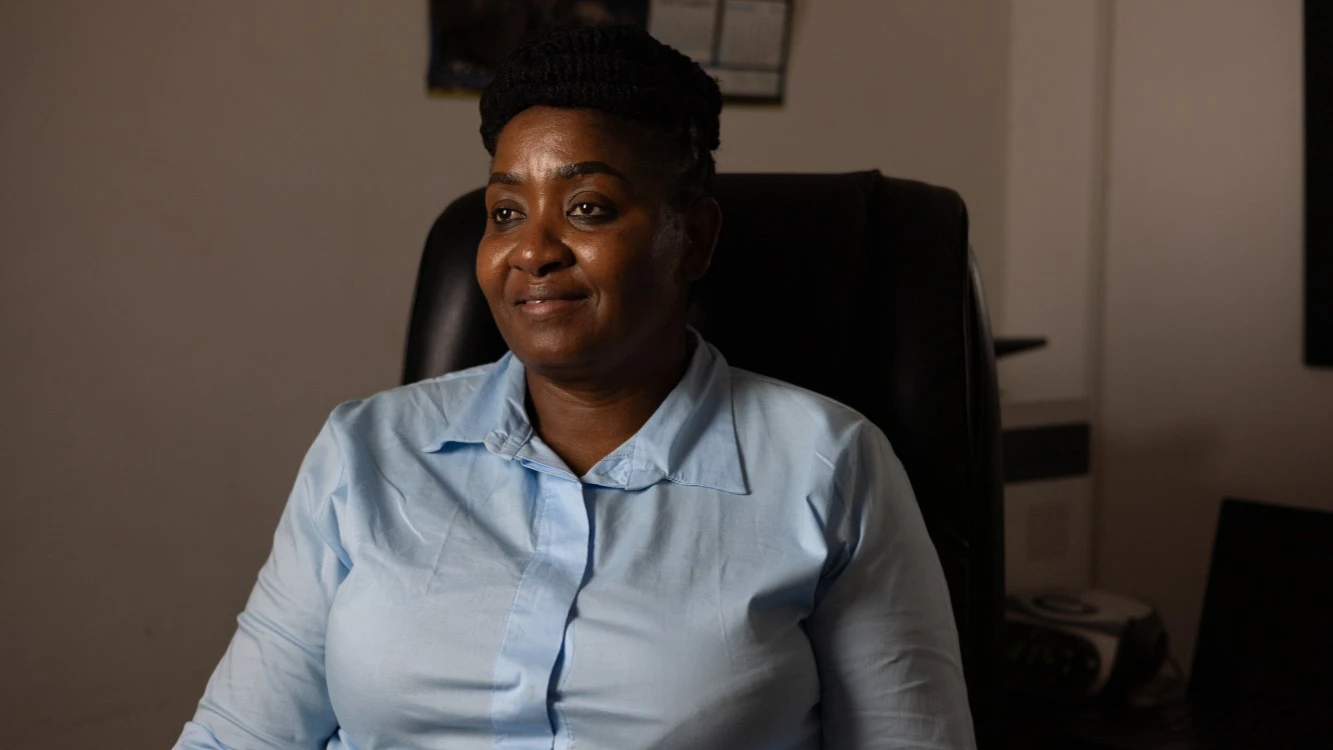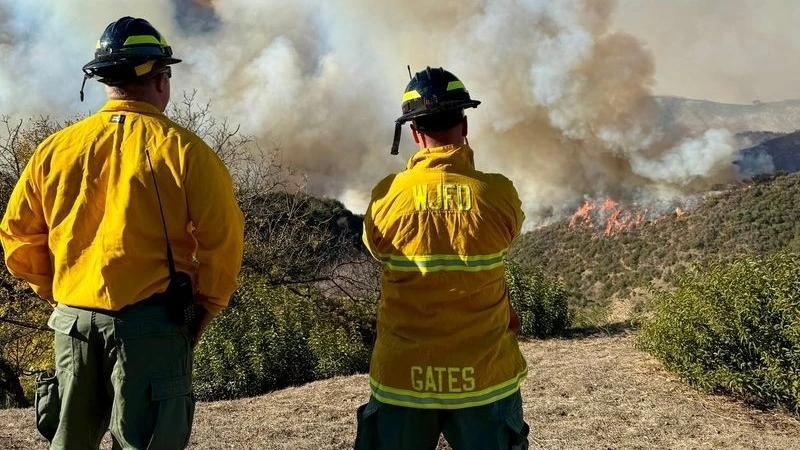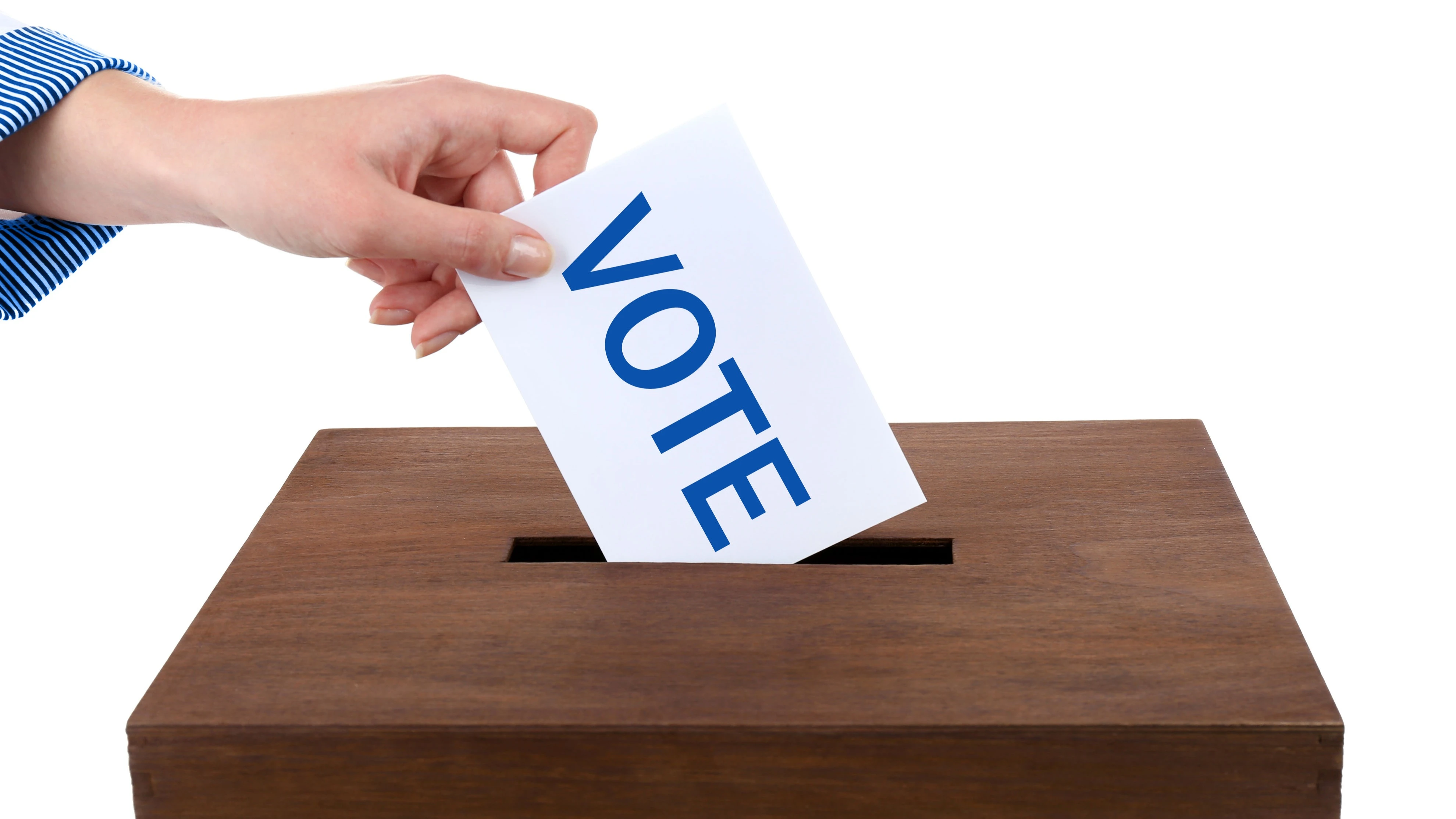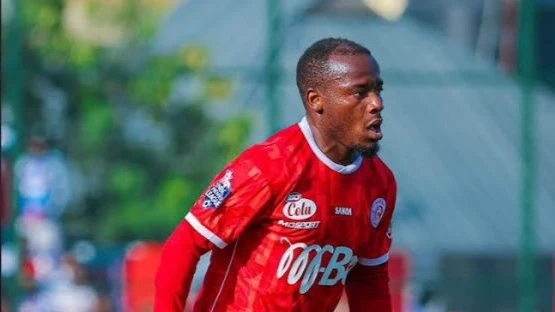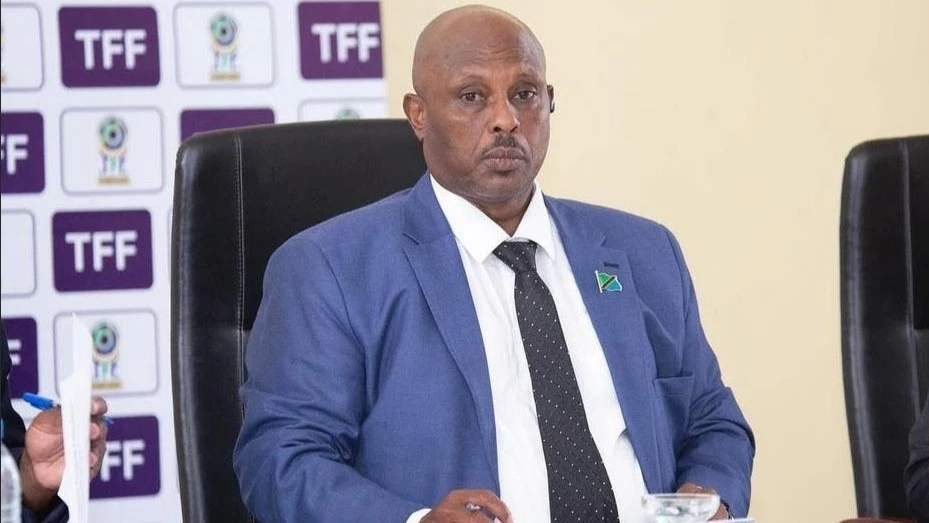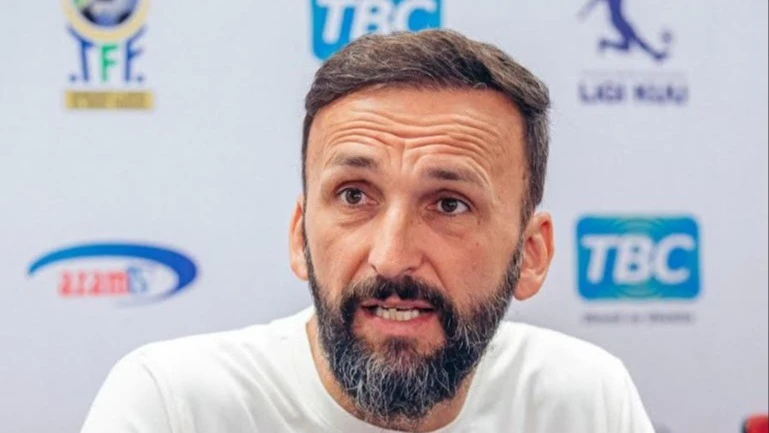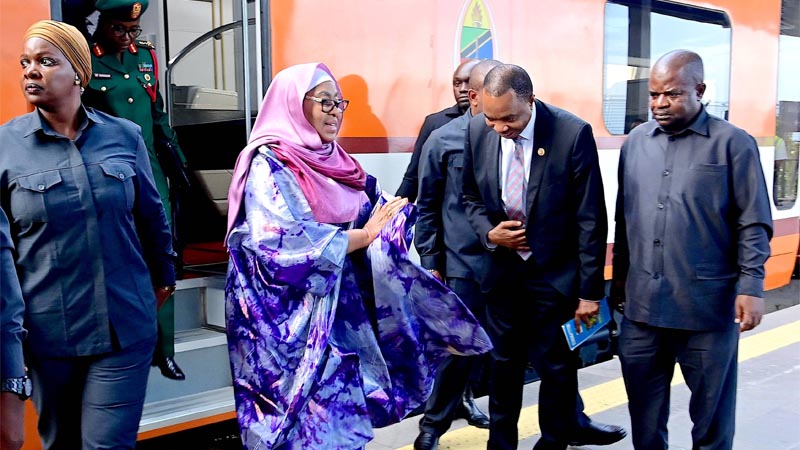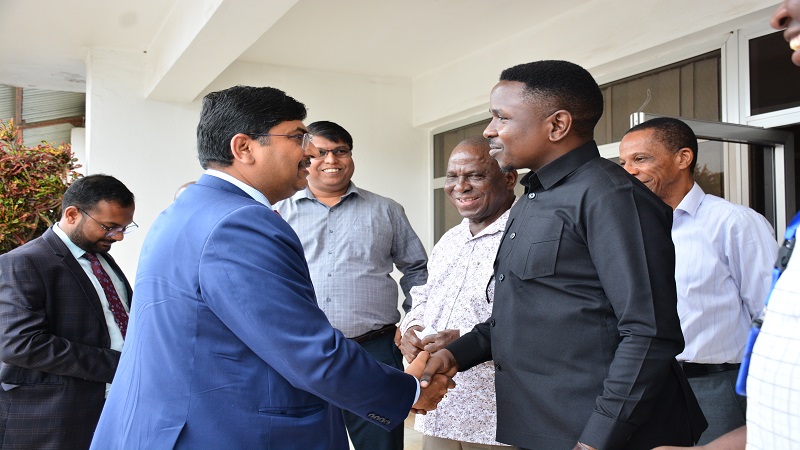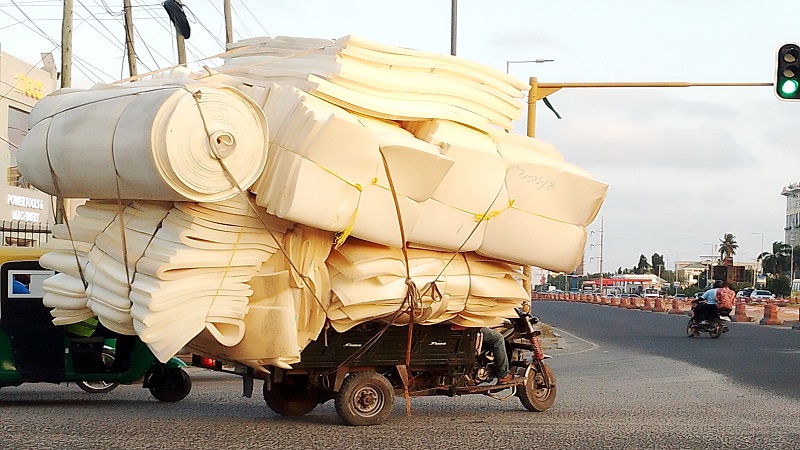Nonhlanhla Dlamini: Leading the fight against GBV in Eswatini
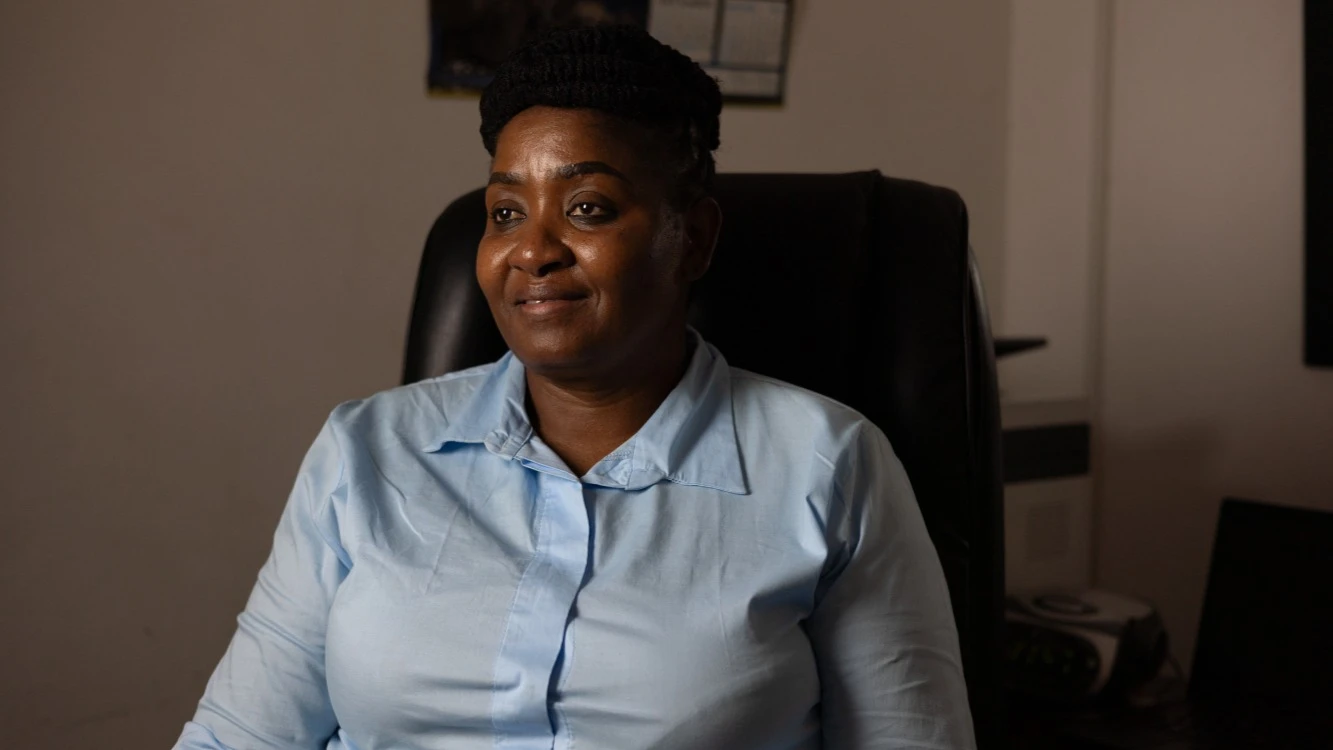
NONHLANHLA Dlamini believes every person has a right to a life of peace and safety. As the Executive Director of the Swatini Action Group Against Abuse (SWAGAA), she provides support, care and justice for GBV survivors. She explains her aspirations, as well as her historic election as one of the first women Members of Parliament in Eswatini:
What specific moment or experience made you decide to focus on fighting gender-based violence?
I was motivated by an incident where a 6-year-old relative of mine was raped by a stranger. We reported the matter to the police, but nothing ever happened. The Swatini Action Group Against Abuse (SWAGAA) already existed, but I did not know anything about them.
In 1997 I came across an advertisement for a job at SWAGAA in the newspaper and I just knew this was the place I wanted to work. When I learned more about what the organisation was doing, I asked myself why I did not get to know about them when I had no one to talk to or support me. So, when I saw this position advertised, I just knew this was my job. My goal was to make SWAGAA a household name so others would not go unsupported like we did.
How do you stay motivated, and have you ever questioned your path?
I have questioned that path several times, particularly when I get hurt. The world can be cruel. I wonder how people can do such evil things. It can be depressing. Sometimes I ask myself, out of all the jobs that I could be doing, why am I even doing this one? However, I get my motivation from the success stories of our work. If I quit, who else is going to do this? I am compelled to do it because there is a whole lot of people that are looking up to me for help.
You were elected MP back in the early 2000s, becoming the first woman ever to represent your constituency. What made you decide to run?
I was part of the team that drafted the Sexual Offenses and Domestic Violence Bill, but we did not manage to have it proceed to legislation. Every time we inquired, we were told “It's in the pipeline”, but nothing ever happened. The mistake we often make, as advocates and women's rights activists, is always pushing for someone else to go and make the changes that we desire.
So, I made a decision to stand for the next elections, which were in 2008. I realised that for years, I had been part of a ‘Vote for a Woman’ campaign, pushing women to vie for seats and for people to vote for women during elections. I had never envisioned myself running for elections. This time I ran for parliament and I won the primary elections, but the secondary elections were not easy. I was the only female candidate against seven men. It was very rough, but I pushed hard with everything that I had to win. I won the parliamentary seat.
My first motion in Parliament was for the Minister of Justice to bring the Sexual Offenses and Domestic Violence Bill within 30 days. His response was no. I kept insisting and that is how the Bill was eventually passed by Parliament.
Looking to the future, if you could change one thing about the gender-based violence in Eswatini, what would it be?
The most critical thing is prevention of GBV. Why is prevention key? Because once GBV takes place, it is difficult to pick up the pieces. And it is not just hard for the survivors only, even their family members become secondary victims. Everyone is affected. So, for me, the most crucial thing to focus on is preventing GBV because once it takes place, it is like spilled water. We may provide counselling and support to the survivors but we can never change the narrative.
I often say people come here carrying a ‘suitcase’ but when you sit down with them you realize how much more that person is actually carrying. Our motto as an organisation is that when you come in with a [heavy] suitcase, by the time you leave, you may not be able to put down the suitcase, but at least we can help make it feel lighter so you are able to walk around with it.
The reason some people commit suicide is because their suitcases feel so heavy that they feel there is no hope. Our duty is to make sure that we make that the suitcase feel lighter.
Do you consider yourself a human rights defender? Why?
Absolutely! I consider myself a human rights defender 100 per cent because I am continuously standing up for the rights of women and girls in Eswatini.
I have advocated for better legislation in the country. I have also advocated for better services in the country, be it in the police, hospitals, or the justice system. I have done everything that needs to be done under the sun to stand for the rights of the citizens of this country, and to advocate for the rights of women and children in the country. I know people believe in me.
Top Headlines
© 2025 IPPMEDIA.COM. ALL RIGHTS RESERVED











